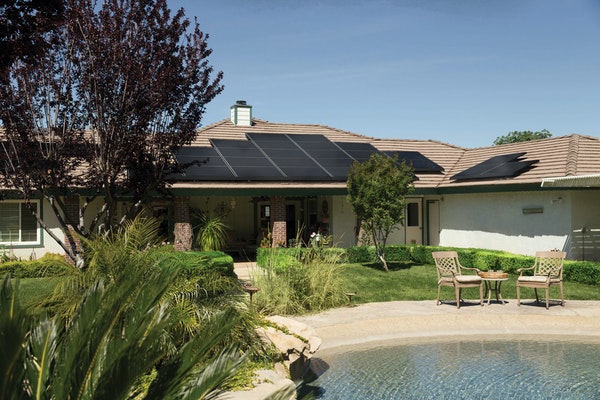Tomorrow is the summer solstice, or the longest day of the year. With all of that extra sunshine, it might be a good idea to think about solar power, as well as solar power’s pros and cons. Many homeowners are starting to make the conversion to solar power, which relies on the sun’s energy to generate power. This renewable energy is environmentally friendly and may save money over time, but the initial investment can be incredibly expensive. You have to consider whether this could realistically fit into your budget, especially if you’re working on debt management.
Interest in solar power was recently renewed by the Solar Roadways project, which has gone viral and even gotten attention from the White House. This promising project focuses on using America’s roads as solar panels, powering cities and towns while reducing reliance on public utilities like snow removal. The IndieGoGo campaign has raised over $2 million.
Homeowners can opt to convert fully to solar power, or only put part of their household on solar power. This depends on their budget, as well as local solar radiance (the amount of sunlight available in the area). This lowers a family’s carbon footprint, decreasing the greenhouse gases emitted by burning fossil fuels, while reducing American dependence on fossil fuels.
However, this is not cheap, and you definitely have your budget to consider. According to HGTV, a home in Los Angeles with just over 1300 square feet of roof space will cost nearly $100,000 to convert to solar power. But incentives include a federal tax credit and tax exemptions, plus utility rebates. In this example, the investment would breakeven in less than four years and save nearly $100,000 in energy costs over 25 years. For many homeowners, the environment is worth the investment. For others, the solar panels are unsightly and not worth the potential savings.
Is solar power for you? Look into your local government and utility incentives to see if they will offset the cost enough to make it worthwhile. It’s the right step for the environment, but could also pay off in your budget in the long run.
If you’re struggling to pay off debt, ACCC can help. Schedule a free credit counseling session with us today.






